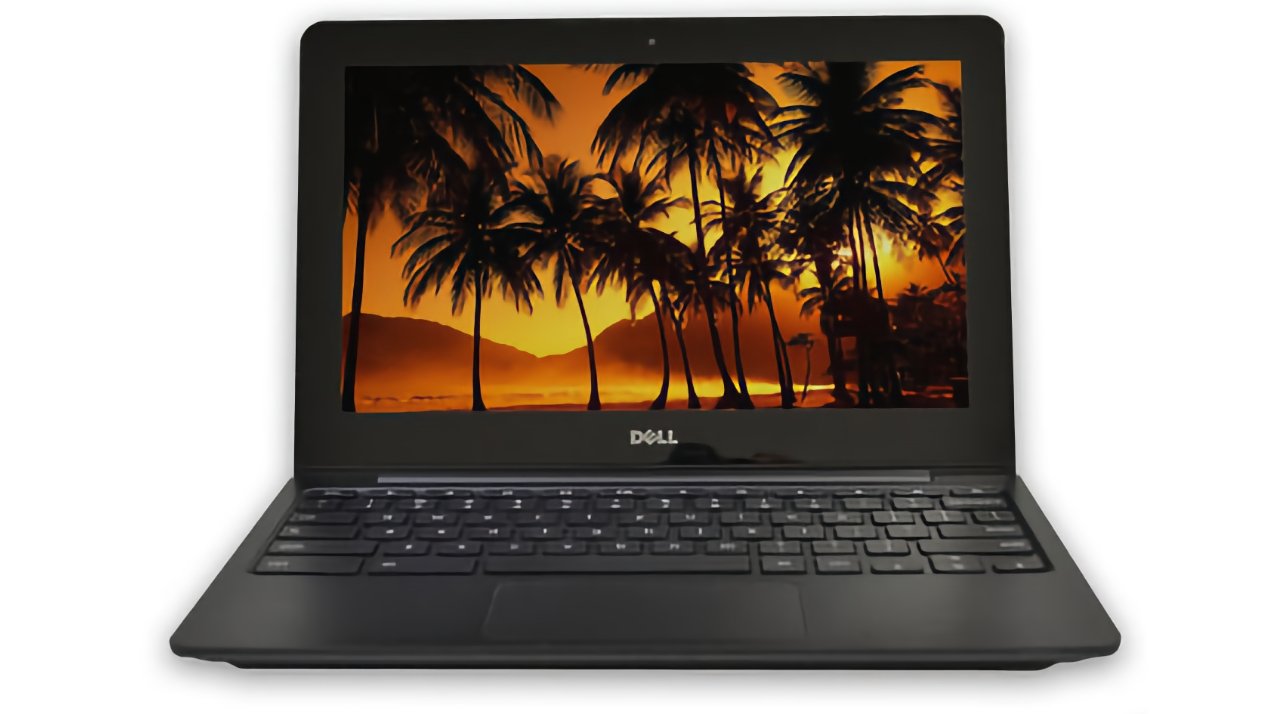Google making its own Chromebook CPU inspired by Apple's M1
Future versions of the Chromebook laptop may be powered by processors designed by Google itself, in a move reportedly inspired by the success of Apple Silicon.

Chromebook
Google's Chromebook has been a clear rival to Apple, especially in education. Now with some schools switching from Chromebook to iPad, and as global demand has slowed, the company plans to design its own Chromebook CPUs.
According to Nikkei Asia, sources in the supply chain say that Google plans to introduce new Chromebooks with its own processors, around 2023.
Reportedly two people cited as being familiar Google's plans, told the publication that the company was particularly inspired by Apple. In particular, it was inspired by the success with the Apple-designed A-series processors developed for the iPhone.
Then there came the M1, which has allowed Apple to move away from its dependency on Intel.
Google has previously built its own processors, called tensor processing units or TPUs, for its artificial intelligence data center servers in 2016. A fourth generation of the TPUs was unveiled in 2021, and Google is reportedly hiring chip engineers worldwide.
Read on AppleInsider

Chromebook
Google's Chromebook has been a clear rival to Apple, especially in education. Now with some schools switching from Chromebook to iPad, and as global demand has slowed, the company plans to design its own Chromebook CPUs.
According to Nikkei Asia, sources in the supply chain say that Google plans to introduce new Chromebooks with its own processors, around 2023.
Reportedly two people cited as being familiar Google's plans, told the publication that the company was particularly inspired by Apple. In particular, it was inspired by the success with the Apple-designed A-series processors developed for the iPhone.
Then there came the M1, which has allowed Apple to move away from its dependency on Intel.
Google has previously built its own processors, called tensor processing units or TPUs, for its artificial intelligence data center servers in 2016. A fourth generation of the TPUs was unveiled in 2021, and Google is reportedly hiring chip engineers worldwide.
Read on AppleInsider

Comments
The difference or "innovation" is the ability to run cached locally copy of the software when disconnected.
All we need to do now is convince MS to ditch Intel altogether. As long as Windows supports x86, we'll never be able to get rid of it, because there will be no incentive for business to move off it.